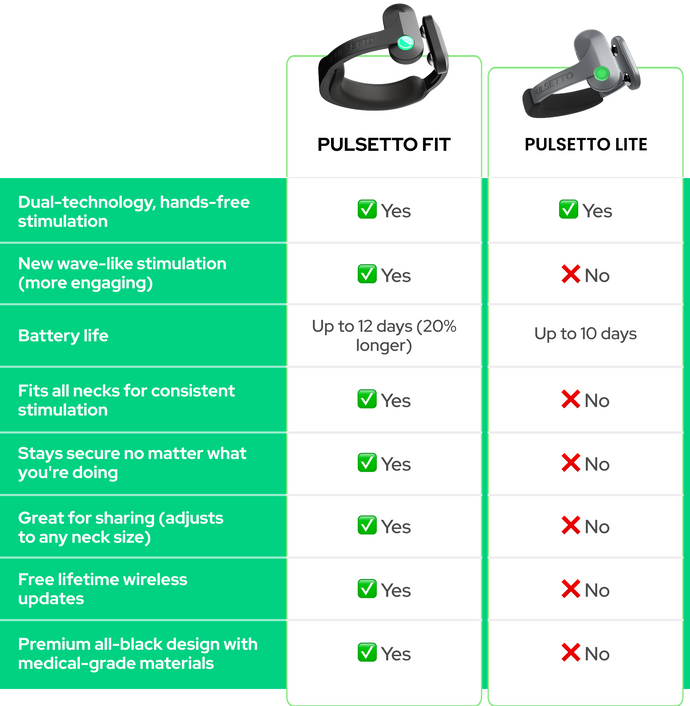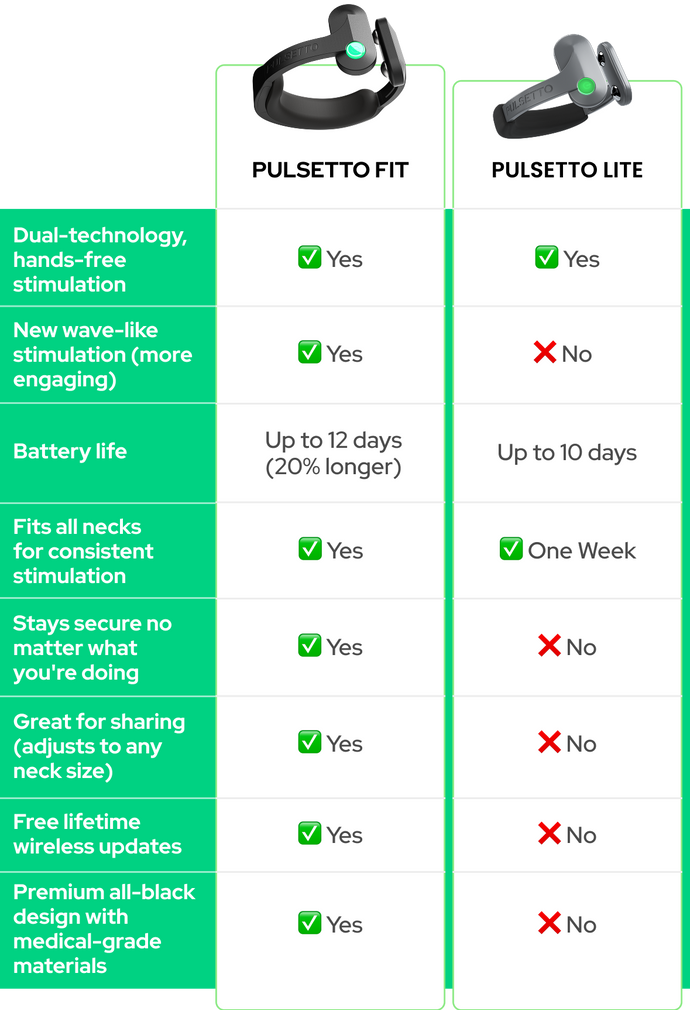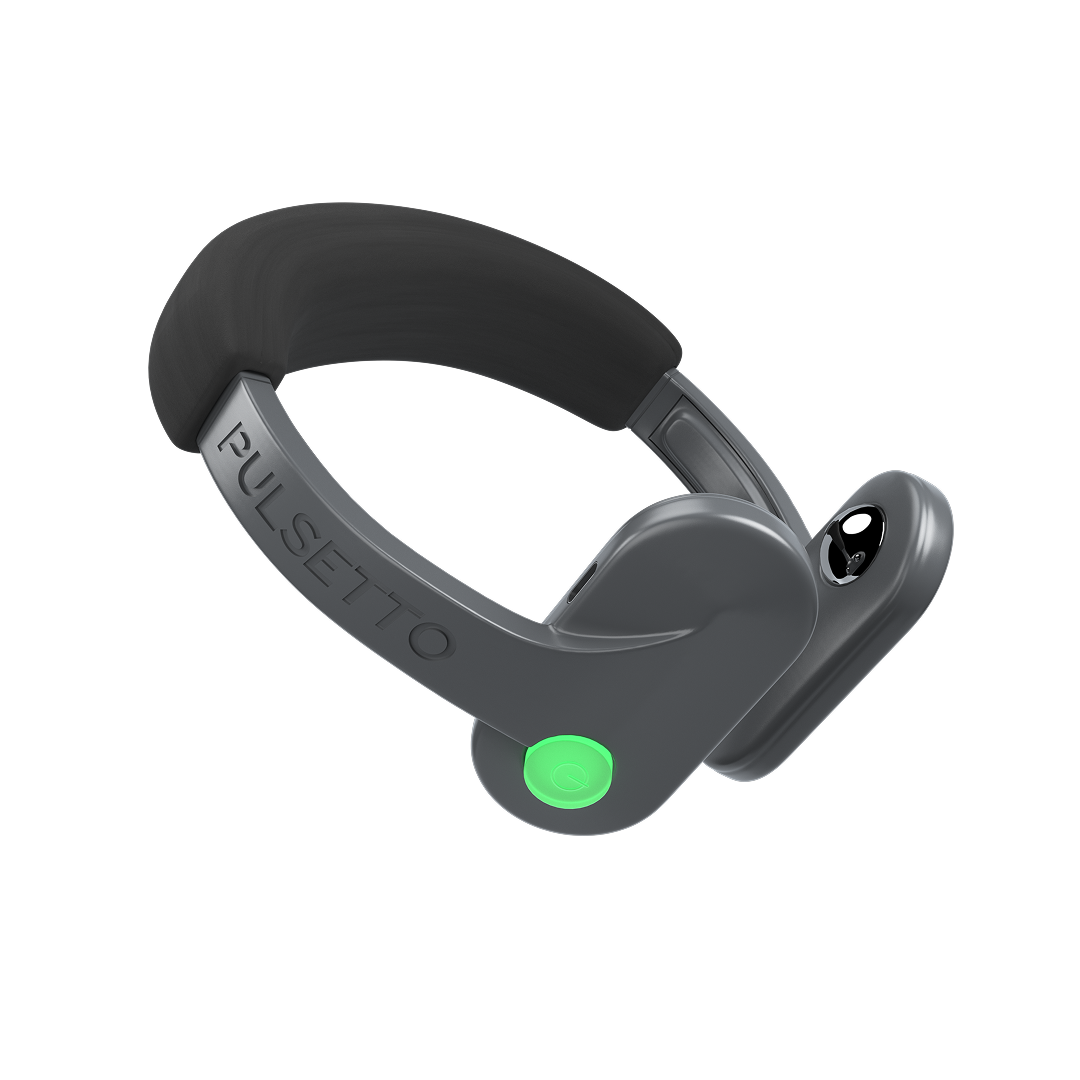Fitbit HRV Score
How Does Fitbit Track HRV Score?
Using RMSSD Formula
Fitbit uses the Root Mean Square of Successive Differences (RMSSD) formula to determine HRV from your heart rate data. This formula is widely accepted as accurately representing parasympathetic nervous system activity.
The HRV value displayed in the graph on the app comes from the longest sleep period within the last 24 hours, only considering sleep durations that exceed 3 hours.
Device Compatibility
Most Fitbit devices, including the Fitbit Charge, Versa, and Sense series, have sensors to track HRV. Ensure your device is worn snugly on your wrist and that you wear it consistently, especially during sleep, to get the most accurate HRV readings.

While the HRV score might not be shown on your Fitbit directly, you can always assess it by clicking the Health Metrics tile in the Fitbit app.
Interpreting Your Fitbit HRV Score
Understanding the Metrics
Fitbit presents your HRV score in milliseconds (ms). Higher values indicate better autonomic nervous system function and cardiovascular fitness. A consistent HRV score can help you understand how well your body is managing stress and recovery.
Normal HRV Ranges
HRV scores vary widely across individuals. Generally, higher HRV scores are better, but you must compare your HRV against your baseline rather than another person’s metrics. Typical HRV values range from 20ms to over 100ms, depending on a person’s age, fitness level, and overall health.
Signs of Low HRV
A significant drop in HRV can indicate that your body is experiencing stress, illness, or insufficient recovery. If you notice a consistent decline in your HRV score, it may be a sign to adjust your lifestyle, increase rest, or consult a healthcare professional.
Besides understanding your HRV score, you must know how to improve it. Your HRV can be enhanced through several lifestyle changes, including exercise, diet, supplementation, and sleep. Next, we’ll learn methods to help you boost your Fitbit HRV score.
Ways to Increase Your Fitbit HRV Score
Increasing your HRV score involves making positive changes in various aspects of your lifestyle. Here are some proven methods:
Exercise
Regular physical activity is one of the most effective ways to improve your HRV. Exercise strengthens your heart and enhances its ability to respond to different demands, which can lead to a higher HRV score.
Aerobic Activities
Aerobic exercises like running, swimming, cycling, and brisk walking are excellent for boosting HRV. These activities increase your heart rate and improve cardiovascular health. Aim for at least 150 minutes of moderate aerobic exercise per week or 75 minutes of vigorous exercise.
Strength Training
Incorporating strength training into your routine can also help improve HRV. Exercises like weight lifting, bodyweight exercises, and resistance band workouts build muscle and enhance overall fitness.

Aim to include strength training exercises at least two days a week.
Flexibility and Relaxation Exercises
Flexibility and relaxation exercises such as yoga and Tai Chi, can significantly improve your HRV score. These activities promote relaxation, reduce stress, and improve your body's ability to recover. Try to include at least one or two sessions of these exercises each week.
Diet
Your diet plays a vital role in your HRV. Consuming the right nutrients can support heart health and improve your autonomic nervous system's function.
HRV-Boosting Nutrients
Several nutrients have been shown to positively impact HRV, including:
-
Omega-3 Fatty Acids: Found in fish, flaxseeds, and walnuts, these healthy fats support heart health.
-
Magnesium: Present in leafy greens, nuts, and whole grains, magnesium helps regulate heart rhythm and lowers stress.
-
Antioxidants: Found in fruits and vegetables, antioxidants protect your heart from oxidative stress.
Foods to Incorporate
To boost your HRV, consider incorporating the following foods into your diet:
-
Fatty Fish: Salmon, mackerel, and sardines are rich in omega-3 fatty acids.
-
Leafy Greens: Spinach, kale, and Swiss chard are excellent sources of magnesium.
-
Berries: Blueberries, strawberries, and raspberries are packed with antioxidants.
-
Nuts and Seeds: Almonds, chia seeds, and flax seeds provide healthy fats and magnesium.
Importance of Hydration
Staying hydrated is essential for maintaining a healthy HRV. Dehydration can negatively impact heart function and lower HRV. Drink at least eight 8-ounce or 240 ml glasses of water a day. Drink more water in summer or if you're physically active.
Supplement
In addition to a healthy diet, certain supplements can support your HRV. You must consult a healthcare professional before starting any new supplement regimen.
Recommended Supplements
Here are some supplements that may help improve HRV:
-
Fish Oil: Rich in omega-3 fatty acids, fish oil supports heart health and can boost HRV.
-
Magnesium: Magnesium supplements can help regulate heart rhythm and improve HRV.
-
Coenzyme Q10: This antioxidant supports heart health and may enhance HRV.
Effects on HRV
Supplements can positively impact your HRV by providing essential nutrients that support heart health. However, they should be used in conjunction with a healthy diet and lifestyle for the best results.
Sleep
Quality sleep is crucial for maintaining a healthy HRV. Your body needs adequate rest to recover from daily stress and physical activity. Here’s how you can improve your sleep to boost your HRV:
Improving Sleep Quality
Ensure you have a comfortable sleep environment. Keep your bedroom cool, dark, and quiet. Consider using blackout curtains, earplugs, or a white noise machine.

Avoid screens and electronic devices at least an hour before bedtime, as the blue light can interfere with your sleep quality.
Sleep Duration
Aim for 7-9 hours of sleep each night. Consistency is key, so try to go to bed and wake up at the same time every day, even on weekends. This helps regulate your body's internal clock and improves the quality of your sleep.

Fitbit can show your sleep score.
Bedtime Routine Tips
Develop a relaxing bedtime routine to signal to your body that it's time to wind down. This can include activities such as reading, taking a warm bath, or practicing meditation. Avoid caffeine and heavy meals close to bedtime, as they can disrupt your sleep.
Pulsetto Vagus Nerve Stimulation and HRV
Another way to monitor and increase your HRV score is using Pulsetto–a vagus nerve stimulator device.
Pulsetto uses vagus nerve stimulation to promote a sense of calm and improve HRV. Its user-friendly, hands-free design and 5 stimulation programs (for sleep improvement, anxiety, stress reduction, burnout, and pain management) make it a convenient addition to your wellness routine.
With over 20,000 satisfied users worldwide, Pulsetto has proven to be an effective tool for those seeking quick stress relief, improved well-being, and higher HRV scores. While experiences may vary, most users find that Pulsetto helps them unwind and recharge, fitting seamlessly into their busy lives.

The Pulsetto device and its benefits.
Experience the calming effect of Pulsetto today!
Frequently Asked Questions (FAQ)
How does Fitbit measure HRV?
Fitbit uses the RMSSD formula to calculate HRV from your heart rate data, specifically analyzing the longest sleep period in the past 24 hours.
Why is HRV important for health?
HRV is a key indicator of cardiovascular fitness and stress resilience. Higher HRV scores suggest better autonomic nervous system function and overall well-being.
What can I do to increase my Fitbit HRV score?
To boost your HRV, engage in regular aerobic exercise, maintain a balanced diet, take appropriate supplements, and ensure you get quality sleep.
How does Pulsetto complement Fitbit’s HRV tracking?
Pulsetto is a vagus nerve stimulator that can help manage stress and improve HRV, complementing Fitbit’s HRV monitoring capabilities.





























































